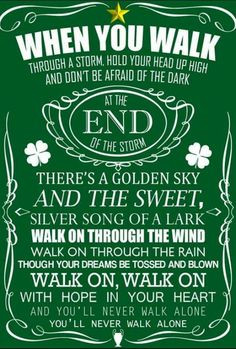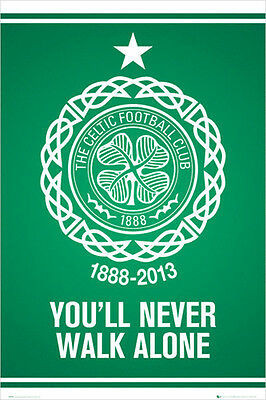I’ve been AWAKE since 1980, and have researched for 40 years. I’m a veteran of 4ch, 8ch and 8KUN. I now only have accounts here, WEGO & Gab.
Happy with Life...Faith in God...Love being outside...Enjoy
I can hear Elvis singing.
The first antennas were built in 1888 by German physicist Heinrich Hertz in his pioneering experiments to prove the existence of waves predicted by the electromagnetic theory of James Clerk Maxwell. Hertz placed dipole antennas at the focal point of parabolic reflectors for both transmitting and receiving...
The first evidence of the existence of viruses came from experiments with filters that had pores small enough to retain bacteria.
In 1892, Dmitri Ivanovsky used one of these filters to show that sap from a diseased tobacco plant remained infectious to healthy tobacco plants despite having been filtered.
In modern physics, the double-slit experiment is a demonstration that light and matter can display characteristics of both classically defined waves and particles; moreover, it displays the fundamentally probabilistic nature of quantum mechanical phenomena. This type of experiment was first performed, using light, by Thomas Young in 1801, as a demonstration of the wave behavior of light.
At that time it was thought that light consisted of either waves or particles. With the beginning of modern physics, about a hundred years later, it was realized that light could in fact show behavior characteristic of both waves and particles. In 1927, Davisson and Germer demonstrated that electrons show the same behavior, which was later extended to atoms and molecules.
Thomas Young's experiment with light was part of classical physics long before the development of quantum mechanics and the concept of wave-particle duality. He believed it demonstrated that the wave theory of light was correct, and his experiment is sometimes referred to as Young's experiment or Young's slits.



